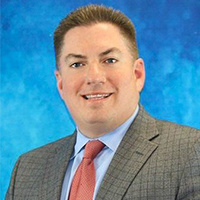South Windsor Criminal Lawyer, Connecticut
Sponsored Law Firm
-
 x
x

Click For More Info:
-
Attorney John F. O'Brien
411 Center Street Manchester, CT 06040» view mapCriminal Defense Law Affordable Criminal Defense
Attorney John F. O'Brien is an experienced criminal defense lawyer and trial lawyer. You don’t have to go through this alone, we are here to protect you and your rights!
60-290-9090
John F. O'Brien
✓ VERIFIEDAttorney John F. O’Brien has over 30 years of experience as a criminal defense lawyer. We’ve been protecting people’s rights in Hartford, CT sin... (more)
Ryan Patrick Barry
✓ VERIFIEDRyan P. Barry received his B.A., with honors, from the University of Connecticut and his J.D. from the University of Connecticut School of Law. During... (more)
Brian J. Woolf
Attorney Brian J. Woolf, LLC, in East Hartford, Connecticut, provides legal assistance to criminal defendants in the following areas and more: Burgla... (more)
Lawrence Howard Adler
✓ VERIFIEDMr. Adler received a B.S. Degree in Business Administration from the University of Connecticut where he graduated Magna Cum Laude and was awarded Spec... (more)
FREE CONSULTATION
CONTACT John F. O'Brien Manchester, CT
John F. O'Brien Manchester, CT Practice AreasExpertise
Practice AreasExpertise




